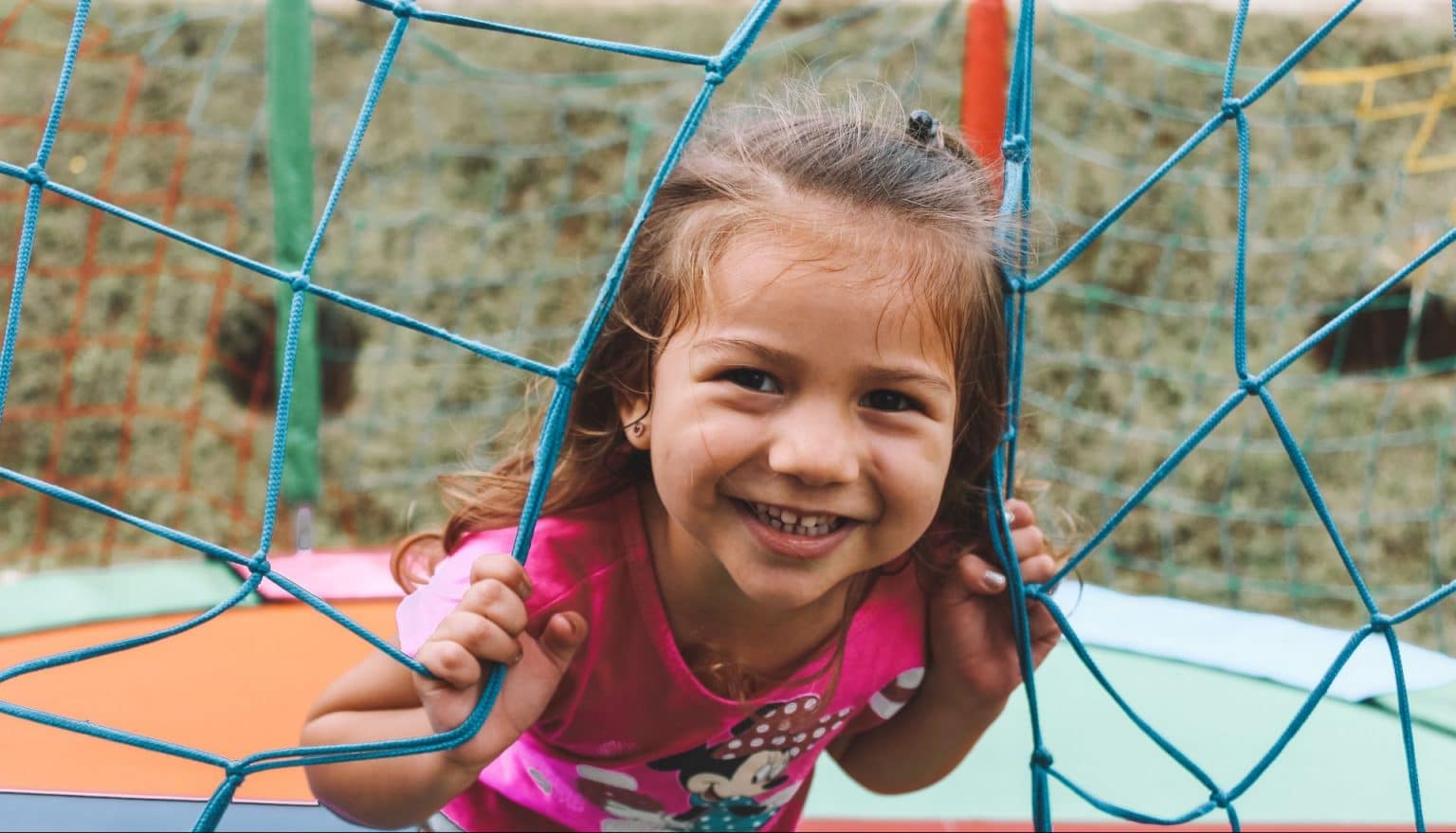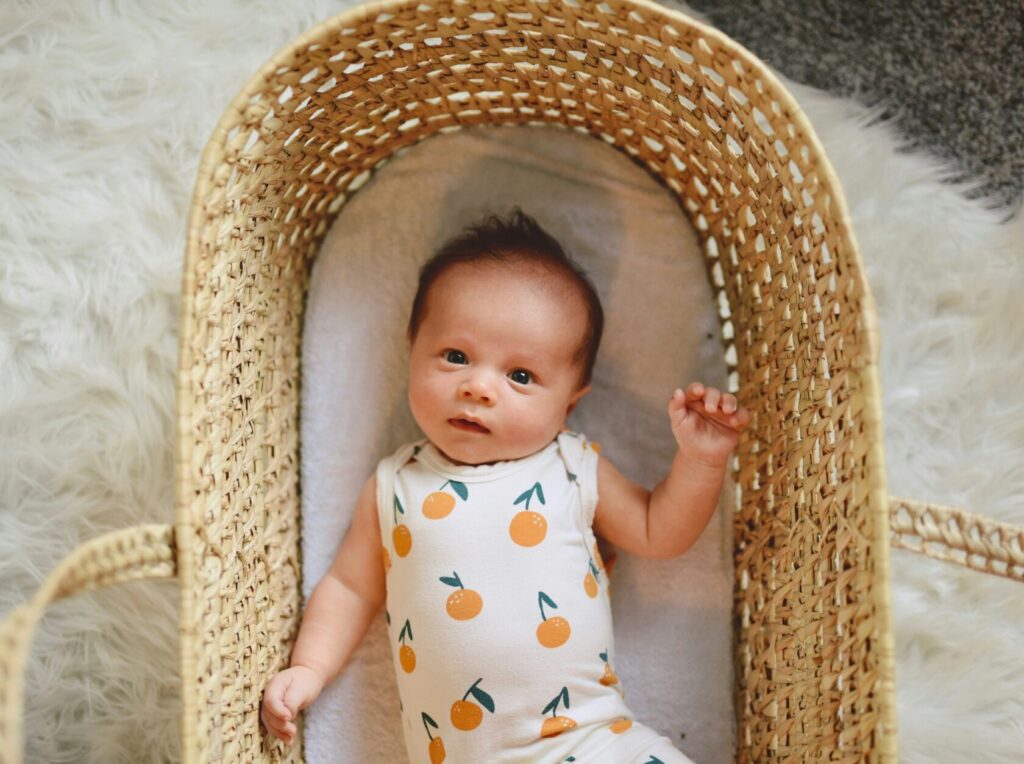On the Valentine’s Day when my youngest daughter, Eve*, was three, I arrived to pick her up from daycare to find her holding a single red rose in a small plastic vase. She was indifferent to it, shoving it at me and running back to the blocks she’d been stacking, but the teachers all beamed at me from their various supervisory posts.
“What is this?” I asked, holding up the flower. “Did the kids all get roses for Valentine’s?”
“No, just Evie!” one of the teachers said, and then followed in a sing-song voice with, “She has a boooooyfriend.”
“No, she doesn’t. She’s three,” I said curtly, gathering her stuff from her cubby.
I think the staff got from my tone that I was not interested in talking about it further. I got Eve dressed and we walked out to the car, my little girl chattering about the Valentine’s Day festivities. But then, as I was buckling her into her car seat, she said, “Michael* is my boyfriend.”
“Nope,” I said, “he’s your friend. All of the kids in your class are your friends.”
Sassy as ever, she said, in the same tone as her teacher, “No, Mommy, he’s my boooooyfriend.”
I corrected her once more and she moved on to other toddler conversation, and we continued with the evening routine. But later that night, after Eve and her older sister, Noelle*, were in bed, I opened the Facebook app to find a friend request from someone I didn’t recognize. I clicked the name and all of a sudden, a picture of my daughter holding the rose, standing beside a boy I knew from her class, filled my screen. The caption read, “A heartbreaker just like Daddy! Here’s Michael giving his girlfriend – the cutest girl in the class, of course – a present for Love Day.”
Hold the freakin’ phone. There were so many things wrong, I didn’t even know where to start. (No permission to post my little one’s picture. Implying that it’s okay to break someone’s heart. Commenting on her looks.) But the thing that stuck to me after the initial shock was the use of ‘girlfriend.’
Before this incident, my child didn’t know the terms ‘boyfriend’ and ‘girlfriend.’ There was no exclusivity to friendships. There was no discussion of romantic love, because how could there be? They were THREE! (Also, who’s to say how my child – or any child — will identify as they grow?) But aside from all of that, my daughter wasn’t given a choice in this, and introducing these labels to her lexicon felt wrong. Unnecessary. And the worst part? It was perpetuated by adults—the other kid’s parents and the teachers at daycare.
I’m not usually a soapbox kinda parent. I roll with a lot of things and take the “live and let live” approach when it comes to other people’s parenting. But this incident made me acutely aware of this issue. So many times in the years since that Valentine’s Day, my girls have been asked, “So, do you have a boyfriend?” These days Noelle is eight and the query embarrasses her; Eve, now six, cares less but will still answer a clipped, “Nope” and just walk away. It’s not an appropriate question for anyone – at age 3 or 53. It’s none of anyone’s business. And when kids are too young to understand the question, it introduces a concept that doesn’t need to be given any headspace at such a tender age.
One time a few years ago, Noelle asked me, “Should I have a boyfriend?” and it made my heart jump into my throat. “No, sweet girl,” I said, “You are enough on your own. You will always be enough on your own. When you’re older and you find someone you want to invite to share your life, you can make that choice—but for right now, you should just keep being you.”
*All names have been changed.










